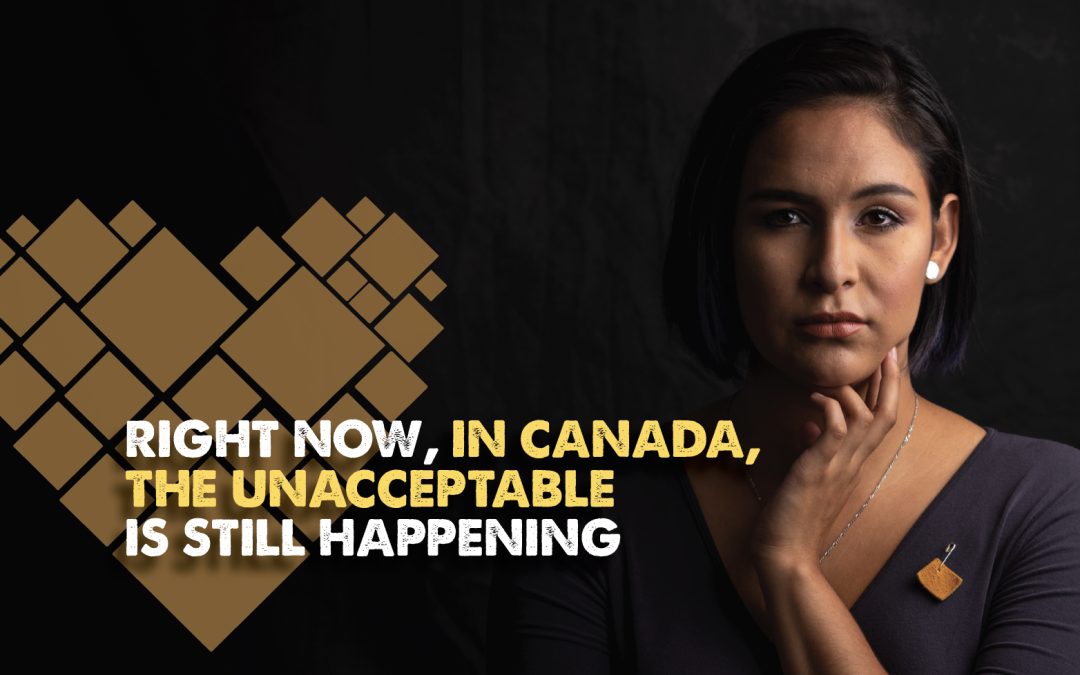Every February resonant marches unfold across Canada, especially on and around Valentine’s Day, as First Nations, Inuit, and Métis people come together to address the profound issue of missing and murdered Indigenous women, girls and two-spirit plus individuals (MMIWG2S+). These gatherings represent a powerful grassroots movement, embodying a collective commitment to uplift families affected by the MMIWG2S+ crisis.
The call to action for the first Women’s Memorial March in 1992 was prompted by the tragic murder of Cheryl Ann Joe, a shíshálh Nation woman. These annual gatherings have now become a way to unite communities and conveying a message of love and remembrance.
Participating in a Women’s Memorial March supports the reclamation of dignity denied to many marginalized women in Canada. This movement also plays a pivotal role in restoring public discourses in media, seeking to reshape labels, representations, categorizations, and stereotypes of Indigenous women.
Amidst these powerful sentiments, the statistics underline the urgency of these collective efforts. Indigenous women face a disturbing reality, being four times more likely than non-Indigenous women to be victims of violence. They make up 16% of all female homicide victims and 11% of missing women, despite comprising only 4.3% of Canada’s population. Moreover, Indigenous women are twice as likely to experience violence from their current or former partners, with over 13% of Indigenous people experiencing partner violence, double the rate of their non-Indigenous counterparts.
These February Marches represent a poignant expression of remembrance and solidarity, serving as a testament to the resilience and love within Indigenous communities. We encourage individuals to look for marches in their community and show support for the ongoing struggle against violence faced by Indigenous women, girls, and two-spirit plus individuals.

